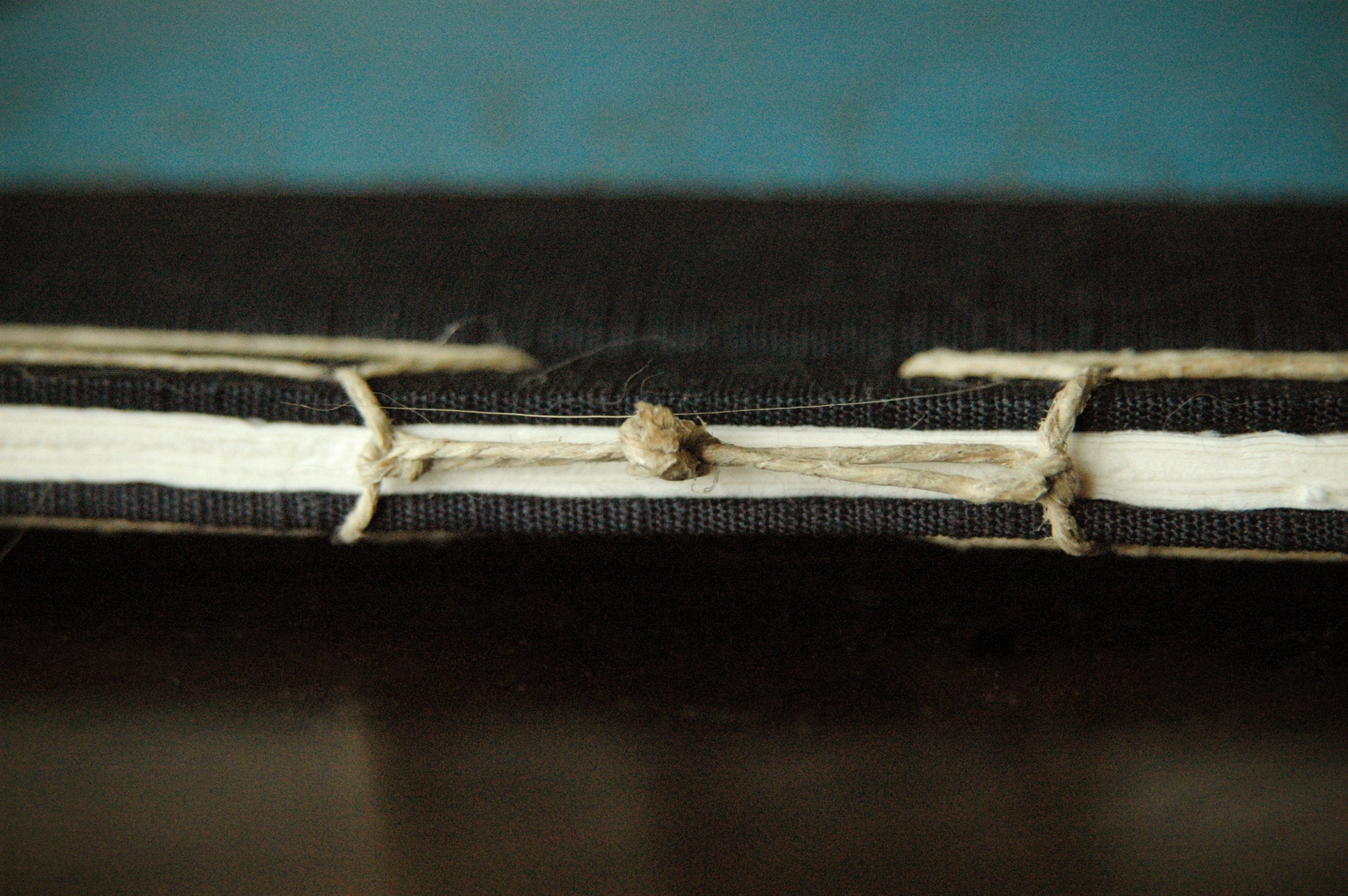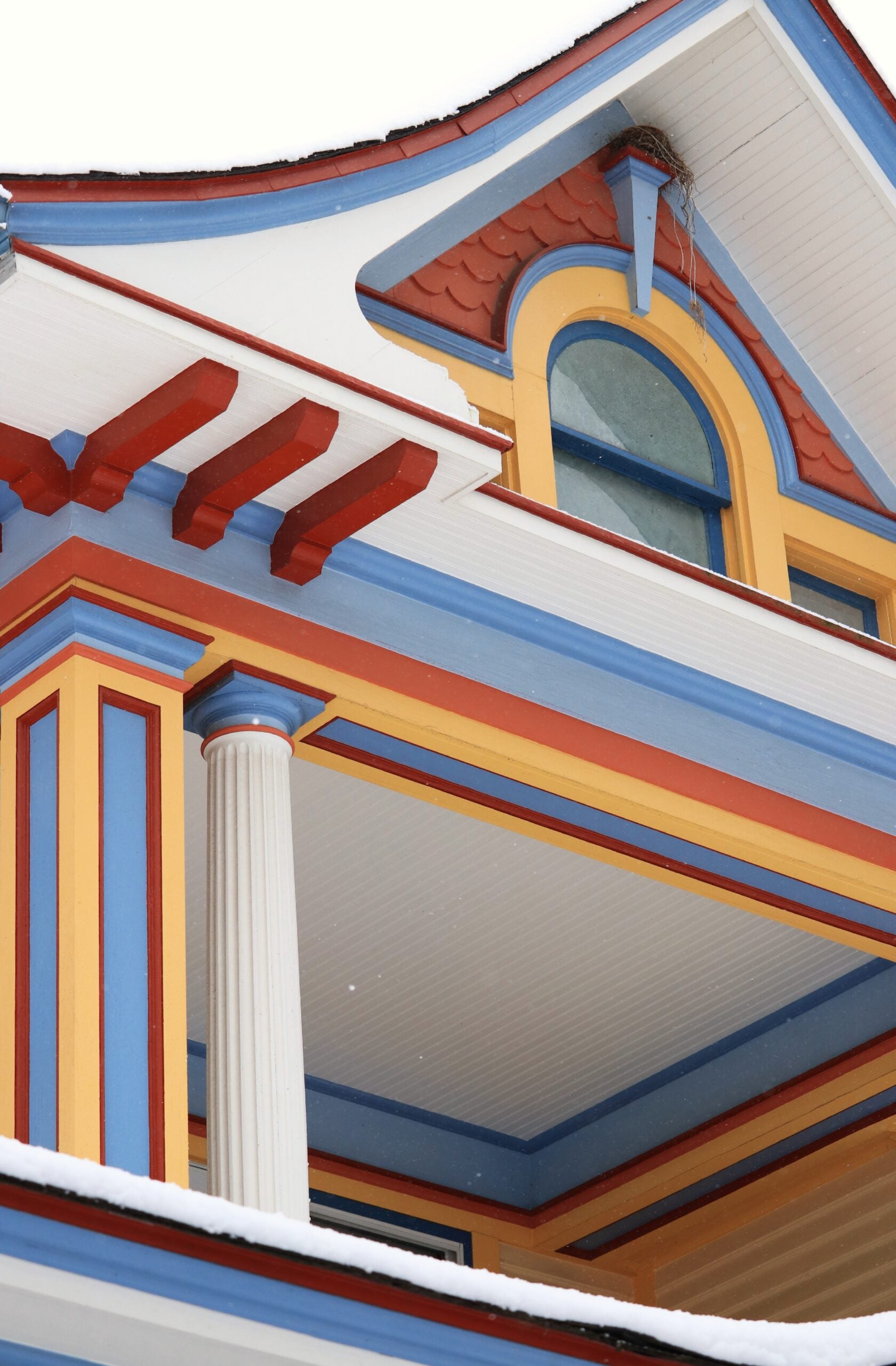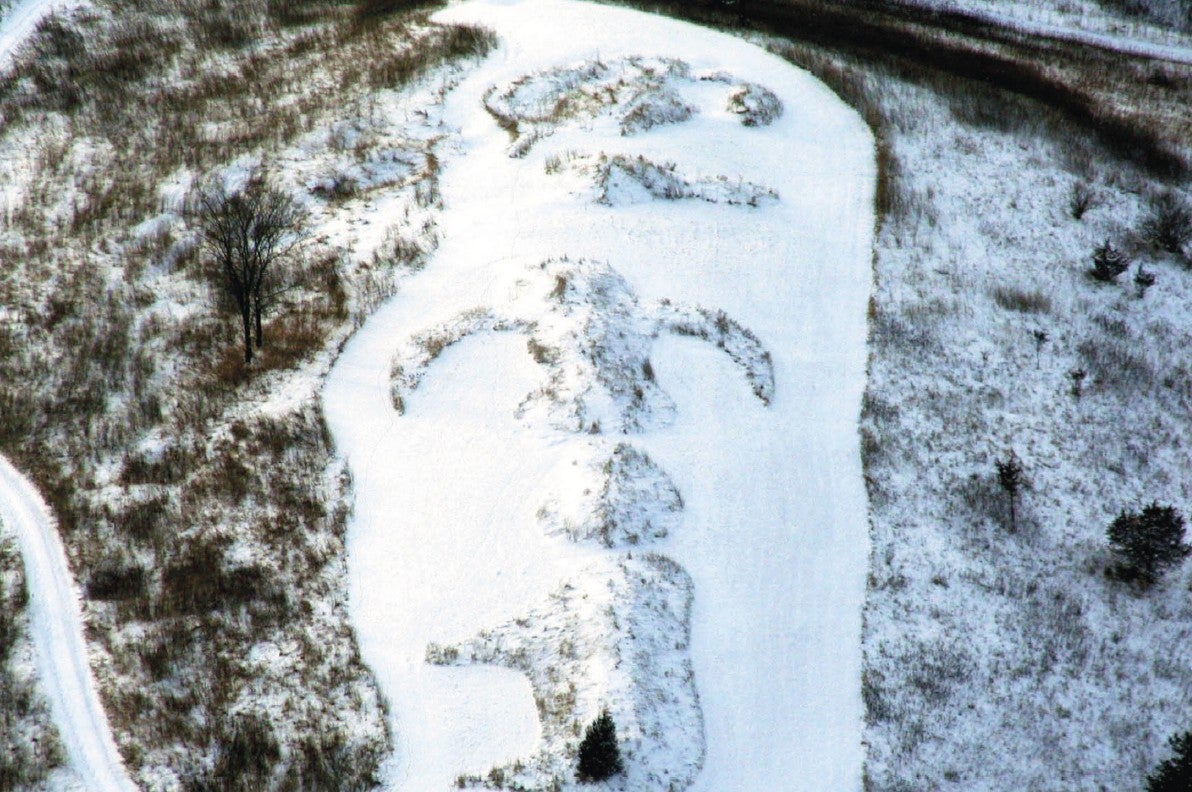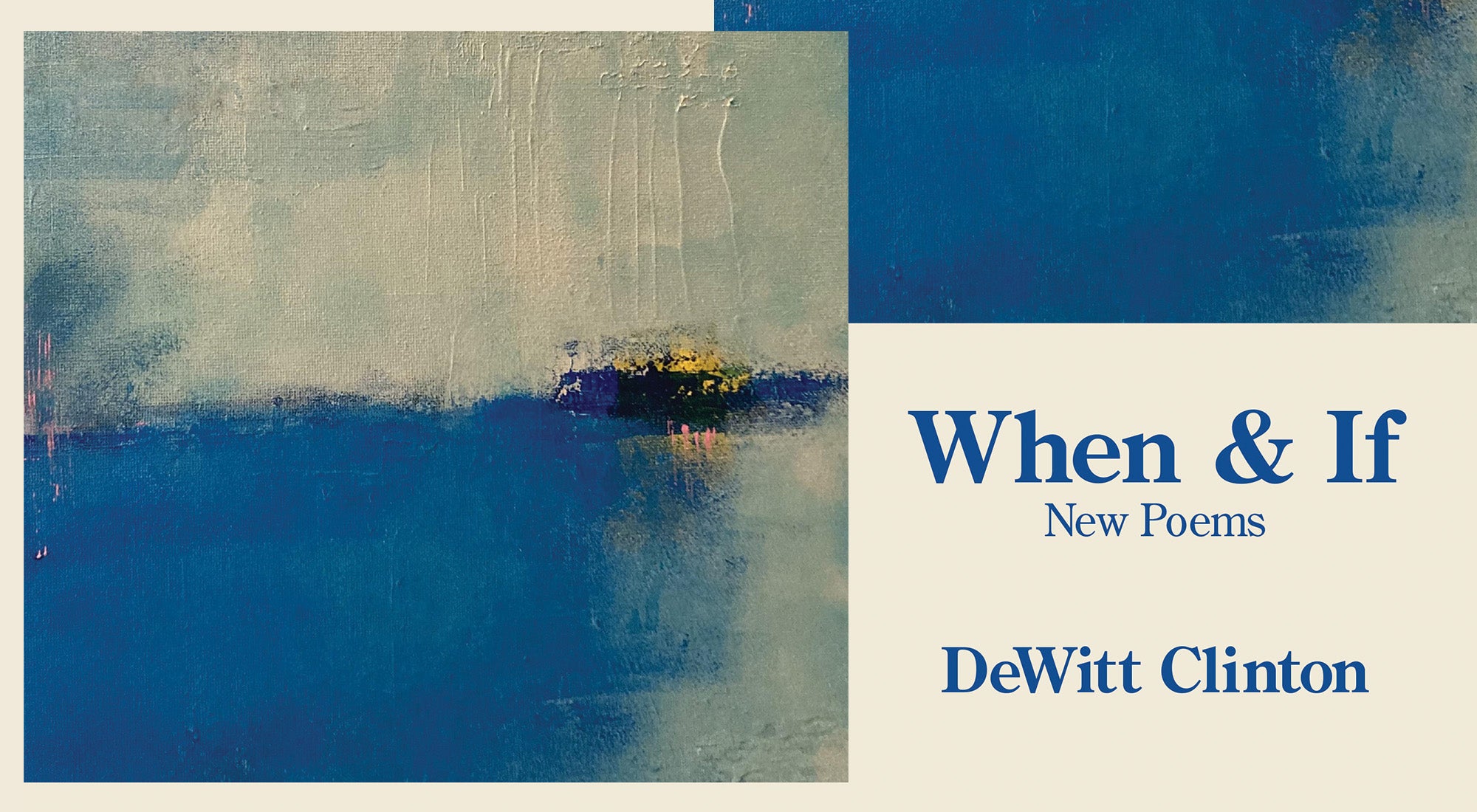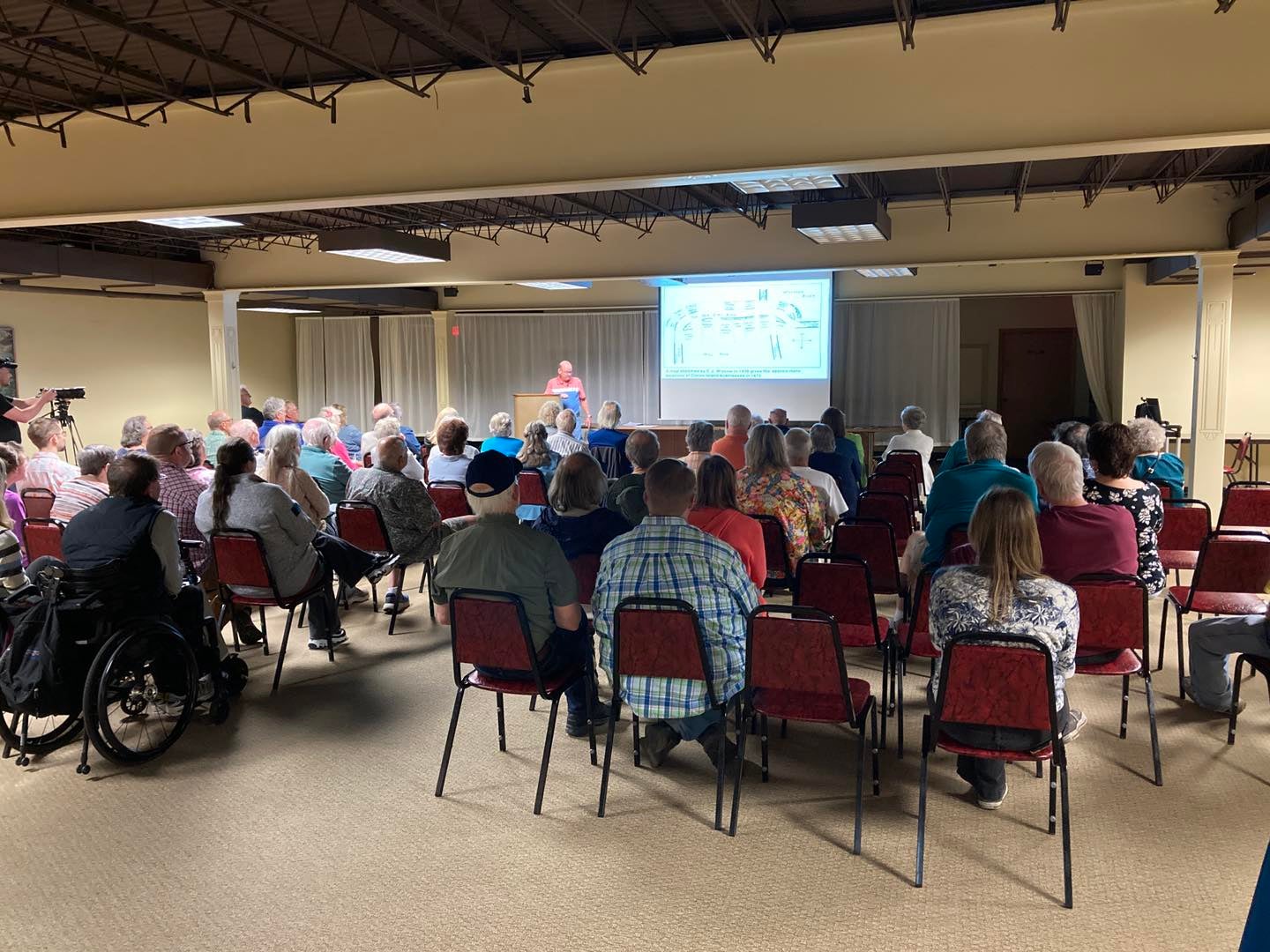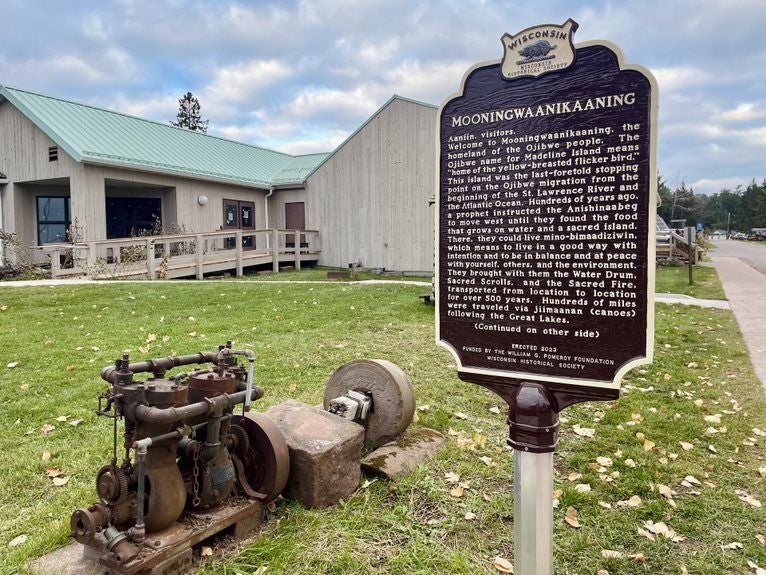In 1861 at the start of the Civil War, Wisconsin Historical Society secretary Lyman Draper passed out diaries and pencils to soldiers stationed at Camp Randall in Madison and asked them to document their wartime experiences.
After the war, the records returned to the Historical Society helped to establish one of the greatest archives of Civil War soldier diaries in the Unites States, said Christian Overland, the current Ruth and Hartley Barker director and CEO of the Wisconsin Historical Society.
With the continued goal of archiving historical events, the Historical Society is asking the state’s residents to keep track of their experiences during the COVID-19 pandemic — each day for 30, 60 or 90 days — and then submit the results. Documenting can take a written or recorded form or can be done as a photo montage.
News with a little more humanity
WPR’s “Wisconsin Today” newsletter keeps you connected to the state you love without feeling overwhelmed. No paywall. No agenda. No corporate filter.
Anyone can participate, and so far more than 1,400 people have signed up. Participants can go to wisconsinhistory.org/BIGHistoryIsHappening and sign up to commit to the journal program, Overland said. They’ll be asked to download a small icon and share it on social media to encourage interest in the project.
“This is an amazing time for us to be alive and thinking about what the future of the world will be when we get out of it,” Overland said.
Overland said the idea to gather contributions from people living in Wisconsin came from the society’s staff members, who were tossing around ideas about ways to stay connected and helpful during the stay-at-home orders.
Overland said this type of information can inform future developments and decisions, pointing out that historical data from the state’s 1918 pandemic proved methods such as quarantine (social isolation) work.
Those types of solutions, along with a spirit of resilience, are the types of messages that Overland said the project is hoping to preserve.
“Those are the stories that we want to give to the future,” he said. “We want to have the ingenuity that’s coming out of today’s crisis be helpful to future generations of the United States.”
Overland said one way to approach the journal is to write about something new or different each day, or how the days are different compared to a few months ago; for example high school seniors might like to write about what their thoughts were about graduation and how things are actually unfolding now.
Some people are documenting their temperatures each day. Others are writing about conversations they’re having with colleagues. What’s important about the collection of documents, Overland said, is that it exposes common themes of the time, for example how people are finding ways to help each other.
Remembering that toilet paper is a hot commodity in rural grocery stores or that shelves have been emptied of soups and pasta are all part of the story around COVID-19 that Overland would like to see the project document.
This kind of documentation also brings to light important tools that were used; for example, that Zoom has become a popular platform to connect people either for work or for fun activities such as social or cocktail hours.
Journals won’t be the only documentation source for the project, though. The Historical Society is also keeping track of state records related to COVID-19, as well as 3D collections, for example, by reaching out to distilleries to get a hold of their special hand sanitizer product labels.
“We’re developing an entire collection on COVID-19,” he said.
Also available at wisconsinhistory.org are posters designed by 10 artists commissioned by the Wisconsin Historical Society that will reflect the impacts of COVID-19. These will be added to the society’s collection of more than 5,000 historical call-to-action posters.
“We’re using the past to inspire the future,” Overland said.
Wisconsin Public Radio, © Copyright 2025, Board of Regents of the University of Wisconsin System and Wisconsin Educational Communications Board.

